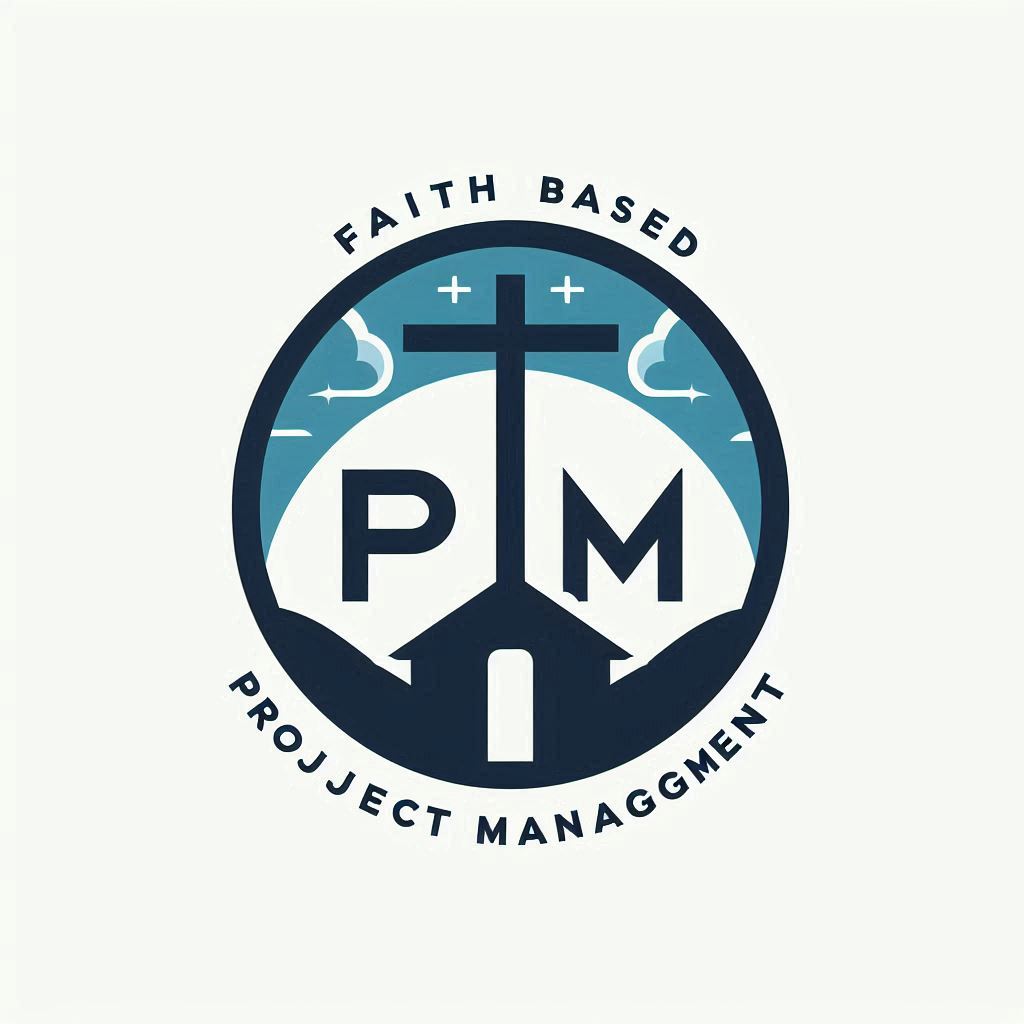Defining Ethics in Faith based Development
Ethical foundations in faith-based development may be about following rules as they are about aligning actions with deeply held beliefs and values. At the core, it’s about understanding how universal principles like honesty, integrity, fairness, and accountability meld with religious beliefs. It means looking beyond just doing the right thing and understanding why it’s considered right from both a moral and a spiritual perspective.
Every faith tradition has its unique approach to ethics, often laced with profound values that guide behavior. There’s a common thread among most; whether it’s Christianity, Islam, Hinduism, or any other faith, teachings often highlight the importance of human dignity, compassion, and justice. These values don’t just shape individual actions but influence broader community engagements.
In the faith-based development context, it’s crucial to navigate these ethical paths carefully. There’s often a balance to strike between staying true to specific religious values while also embracing universally accepted ethical norms. For example, a Christian organization might focus on love and service as its ethical benchmarks, while a Buddhist group might emphasize compassion and mindfulness. Despite these differences, the underlying ethic is to uplift and empower the community with dignity.
One practical exercise is to reflect on how ethical principles align with your organization’s mission. If justice is a core value, consider how current projects reflect equitable resource distribution or fair treatment of all participants. Regularly revisiting these guiding principles can help keep efforts grounded in ethics, providing a steady compass even when faced with complex challenges.
In faith-based development, the goal is often twofold: achieve tangible outcomes in communities and nurture spiritual or moral growth within. Embracing a clear ethical foundation ensures that these goals aren’t just met but are achieved with authenticity and respect.
Intersection of Social Justice and Ethical Principles
Social justice and ethical principles are two sides of the same coin in faith-based development. It’s about ensuring everyone has a fair shot, regardless of their background or beliefs. This is where ethical principles become the backbone, guiding initiatives to ensure no one is left behind.
Incorporating social justice into development means actively addressing inequalities. It’s about striving toward a society where everyone’s rights are respected and resources are shared equitably. But reaching this ideal isn’t straightforward; it requires navigating ethical dilemmas and systemic challenges.
The role of ethical principles here is crucial. They act as a framework that orchestrates the actions and decisions of faith-based organizations. It’s about ensuring transparency, accountability, and respect at every step. By committing to these principles, organizations build trust within communities, allowing them to more effectively advocate for social change.
One challenge is balancing religious values with social justice goals. Often, projects may start with religious motivations, yet they must also align with broader democratic and humanitarian standards to achieve widespread acceptance and impact.
A practical step is to engage community voices actively. Listen to the people affected by development projects and incorporate their input to help align ethical objectives with their real-world impacts. This collaborative approach not only strengthens projects but also enhances their relevance and effectiveness.
By staying grounded in ethical principles, faith-based organizations can better navigate the complexities of promoting social justice. It ensures that the push for change doesn’t overshadow the core values of dignity and respect that lie at the heart of ethical development.
Real-Life Implications: Case Studies and Lessons
Real-world examples show us how faith-based development initiatives play out on the ground. Looking at case studies offers a window into understanding the practical application of ethical principles and the real-life impact on communities.
Consider a project where a faith-based organization worked to provide clean water in a rural area, navigating challenges like resource allocation and cultural sensitivities. Their success came from balancing their religious values with a clear commitment to fairness and accountability.
Another example might involve educational initiatives, where choices about curriculum content had to reflect both ethical standards and respect for local traditions. The key lesson here is the importance of dialogue and adaptability—listening and adjusting to meet the community’s evolving needs.
There are also stories of ethical dilemmas that these organizations confront, such as deciding how to allocate limited funds among competing needs. Insights from these challenges highlight the importance of maintaining transparency and a collaborative mindset to foster trust and legitimacy.
A regular review of project outcomes against ethical benchmarks can provide lasting insights. This means not only celebrating what works but also candidly assessing and learning from what doesn’t. Measuring success goes beyond the immediate impacts and includes a look at long-term shifts in community well-being and empowerment.
Future Directions: Advancing Ethical Practices for Social Justice
Emerging trends in ethical practices within faith-based development are paving the way for new and innovative approaches. Faith organizations increasingly recognize the importance of integrating cutting-edge solutions with their ethical frameworks to enhance their impact on social justice.
Technological advances play a central role in this evolution. Digital tools empower organizations to streamline operations, improve transparency, and enhance accountability. This shift helps in reaching wider audiences and effectively tracking the progress and impact of various initiatives.
As these organizations look to the future, collaboration emerges as a powerful strategy. Forming partnerships with other faith groups, secular NGOs, and governmental bodies enables a pooling of resources and expertise. This cooperation not only fortifies ethical standards but also enhances the overall effectiveness of social justice efforts.
Addressing persistent challenges requires embracing flexibility and creativity. Developing adaptive strategies to handle shifting societal norms and geopolitical landscapes can help maintain momentum and ensure that ethical practices keep pace with change.
Lastly, continuous education on ethical principles and social justice could further enhance organizational growth. Providing regular training opportunities helps individuals within these organizations stay informed and committed to their mission, ensuring lasting and meaningful community impact.
